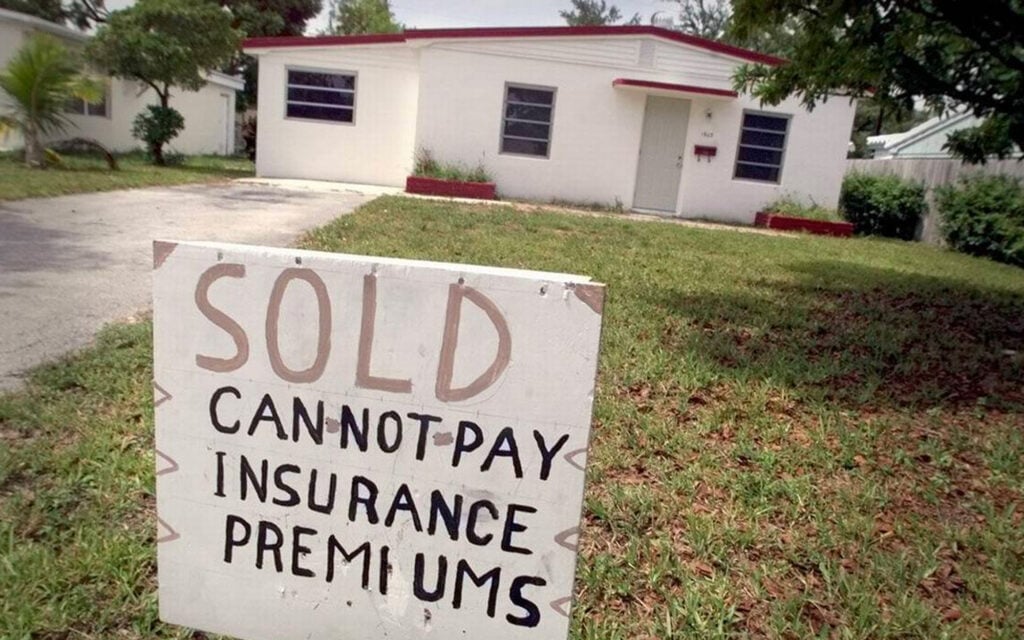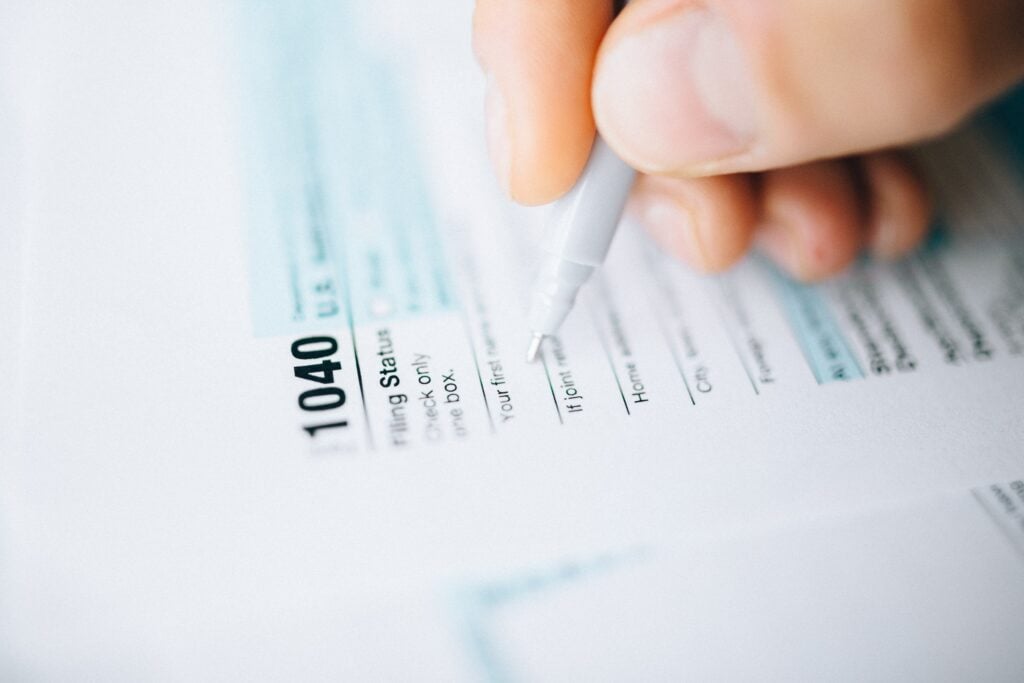Moving in and out of a place can be a hassle in many ways. Depending on your landlord, the act of handing over a security deposit can feel like an investment in the future or like lighting your money on fire.

An honest landlord should only use the security deposit to fix damage inflicted by the tenant, but far too often, landlords consider it to be a free extra month’s rent and will keep it and make up problems to justify it. Unfortunately, there are many landlords who fit the latter description, and far too few tenants who are able to do anything about that. We’re here to fill you in on some of what you might have missed.
So, how about getting that deposit back? The best way to ensure that you get your money returned is to treat your place immaculately, but when that isn’t possible (or things just happen), there are a few ways it can proceed.
When your lease expires and you move out, you should provide- in writing- an address to which your landlord can forward your security deposit (or what’s left of it.) Your landlord then has a set period of time (often thirty days) to make a decision on whether they’re going to return your deposit in full, return your deposit in part, or keep it in its entirety.
In most states, landlords can deduct money from your security deposit for three reasons; damage to the property, unpaid rent, or the breaching of the lease. Unpaid rent and breaching the terms of the lease are relatively straightforward, but one of the most common security deposit-related disputes is exactly what qualifies as damages. In short? Usually, damages are problems caused by intent or negligence; wear-and-tear issues like scratches and dings don’t qualify.
No matter where you are, the best way to avoid disputes is to know your lease and to keep a good relationship with your property manager.










